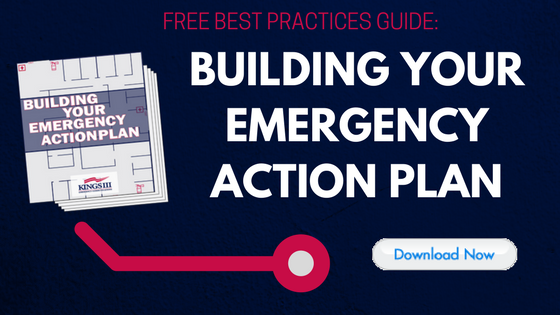BLOG CATEGORIES
7 Reasons 911 Should Not Be Your First Emergency Call
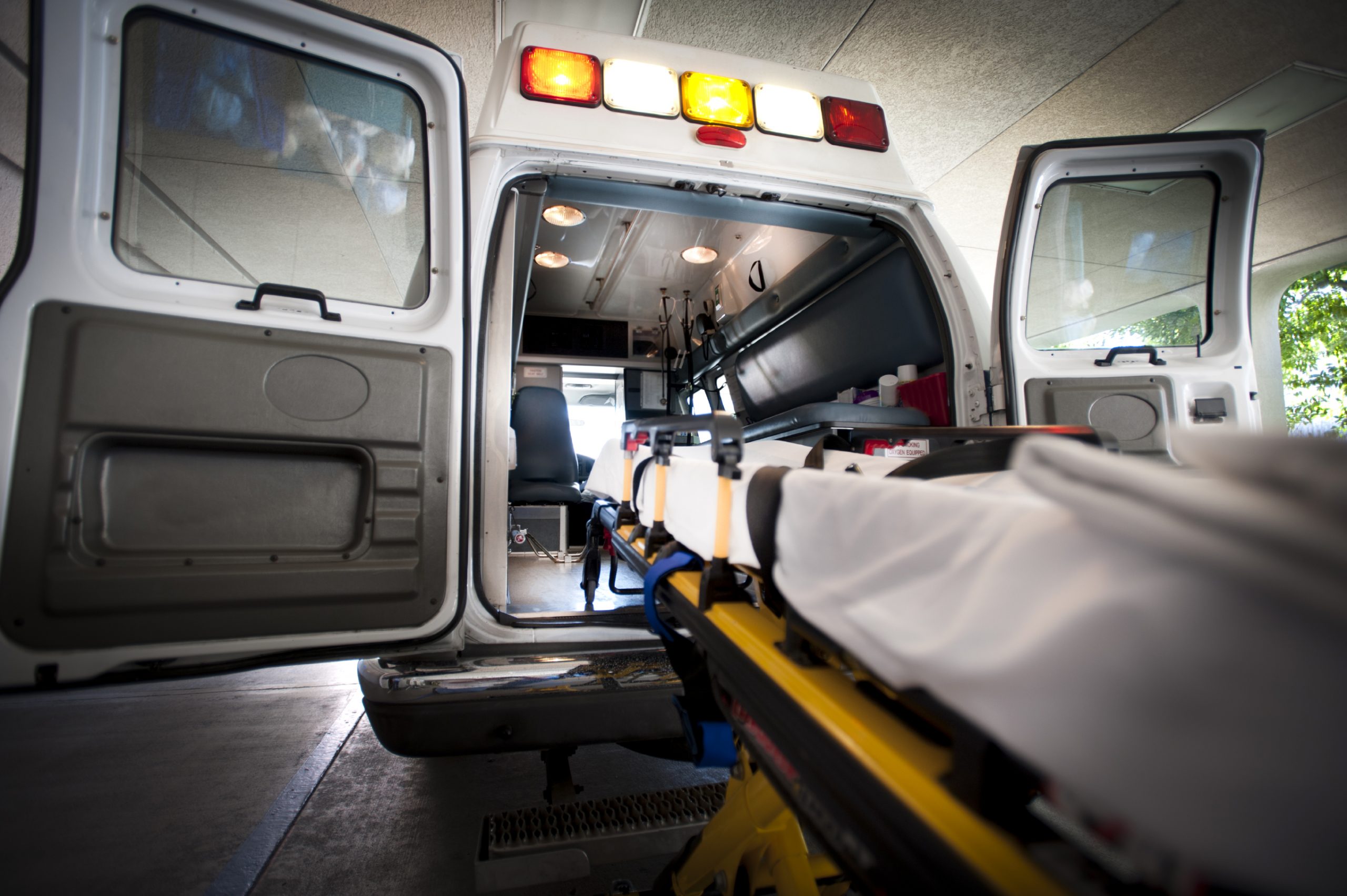
When you think of encountering an emergency, you likely automatically think of dialing 911 for help. The problem here is that there are some unknown shortcomings when it comes to 911 centers, especially for property owners.
First, hats off to all 911 operators- well, except that gal in Houston. No hats for her, just handcuffs. Being an emergency operator can be a thankless job, one where your ‘customers’ are glad you answered the call, but never happy they had to make the call in the first place. This isn’t a bash session on 911 call centers, but simply an effort to highlight some of the hurdles they face and why, although considered the ‘go to’ in emergency response, 911 may not always be the best direct dial option. See why below.
Find out how to improve safety and reduce costs at your property
Our best-in-class emergency phone + monitoring solutions provide peace of mind and are backed by decades of expertise
Learn More
2022 ELLIES WINNER
Best Supplier -
Communication System
Prepare your property for emergencies with this free Emergency Action Plan download >>
1. Response time
It’s become a regular occurrence whereby delayed 911 response time makes headline news. Don’t believe me? Earlier this year, during a bank robbery in North Dallas, more than 180 calls were placed on hold with 911 for more than 8 minutes. Also this year, the Dallas 911 center reported having more than 360 calls on hold at one point resulting from an ongoing issue the city refers to as ghost calls.
2. Underfunded
911 centers are historically underfunded, taking in more calls as populations grow without additional funding to ramp up emergency operator headcount and monitoring center technology. Of course, dispatch shortages lead to slower response times.
3. Abuse
As if underfunding coupled with population growth weren’t enough, city 911 centers are also becoming abused more frequently. Abused? Yes, abused. As the security industry continues to grow and new innovative services hit the market, you can find in the details of these services the abuse I speak of. Does your home security app show you that someone you don’t know is on your doorstep? (So what, by the way). No worries, 911 will dispatch police or at least that’s what commercials would lead you to believe. New safety app on your phone? Assuming you can activate the alarm before being attacked, don’t fret; it rings direct to 911 and help is on the way. More than 95% of alarms are false. Imagine how this volume of false calls ties up valuable call time that is already on short supply. The abuse will be addressed eventually, of that I have no doubt. There is simply no scenario where these overworked and underfunded centers do not eventually take a stand that says, No business xyz, you cannot sell a solution that realizes a profit off the backs of a labor force that is not yours. And yet, I digress. It’s coming though.
4. Location identification
Ever dialed 911 from a cell phone? Did your local monitoring center run the same ‘Help Us Help You’ campaign that mine did, solely focused on making certain you know where you are and are notifying 911 at the onset of your call? It’s an unfortunate situation. Your cell phone pings the closest tower, which sometimes happens to be incongruent with your location address/municipality and rings to the incorrect 911 center, delaying response and sometimes contributing to fatal consequences. What’s more is callers are panicked and even if they are aware of their exact location, may sometimes have trouble communicating that during an emergency.
5. False call fines
If you’re a multifamily or commercial property manager and you have multiple false calls to 911, many municipalities charge false call fines.
6. Unnecessary damage
Okay so this is specialized, but think elevators here. If you have an elevator phone and it’s ringing direct to 911, I can guarantee 911 is not calling to dispatch your elevator maintenance company. They don’t even know who your elevator service company is. They’re calling the fire department. What’s the fire department doing when they arrive at your location? Likely, damaging your elevator doors. They have a job to do and preserving your property is simply not a priority. What’s typical damage to an elevator door going to run? More than you want to shell out and unbudgeted to boot.
7. Out of the loop
If you have a help phone on your property ringing directly to 911, you’re not going to be looped in the same way you should be with a specialized monitoring solution. If your phones are monitored by a third party, this is where you start to go back and review the value they provide. Are they keeping you informed? The nightly news, YouTube or Facebook may be the first time you hear about what happened under your nose. These are the worst kinds of surprises, particularly if they hit your bosses desk or corporate before they make their way to you.
911 needs our help
The appropriate emergency monitoring center really depends on the use, but one thing is clear, 911 needs our help. They need specialized emergency monitoring centers to screen calls and help identify and relay verified alarms. But why would I want to go through a middle man monitoring company before reaching 911? Pre-identifying verified alarms gives specialized emergency dispatch centers like Kings III a spot in the express line to reach an operator to dispatch local authorities, should that be needed. We’re not going through the same call channel that you or I would personally if we dialed 911. Our alarms have been verified via audio and are treated differently than a standard incoming call as a result.
What’s more? 911 centers receive all kinds of calls and you and your customers deserve a response and call handling specific to your scenario. At Kings III, we answer only emergency calls from specified help phones (think elevator, pool, parking garage, stairwell, area of refuge, etc.). We’re not a call center answering a variety of calls or a security company responding to alarm signals. If you’re using our equipment (the all-inclusive package is a no-brainer so not sure why you wouldn’t unless you simply crave additional on-the-job hassle), we can identify your location every time. In an elevator? We not only identify your location but also your cab. Using our cellular device? No problem. We don’t have the same issues you run into when typically calling from a cell phone because our devices are at a fixed location with location information stored at our emergency dispatch center and auto-identified when your call comes in. This means that the caller does not have to provide location information to the operator; ideal not only for those regularly on-site but also for guests of the property (and required in the elevator code). THE absolute best thing about our solution is the service you receive- our operators are among the best, Advanced Emergency Medical Dispatch (AEMD) certified and so able to provide pre-arrival instructions as needed among other high-touch services.
Enough of the Kings III services pitch. Check out the value-add and see for yourself. One thing is clear; 911 is not the best option for direct dial from your property and certainly not a sustainable one in the long term. Learn more about how we bridge the gap at www.kingsiii.com.
CATEGORIES TAGGED
ELEVATORS
PROPERTY SAFETY
CATEGORIES
KEEP LEARNING
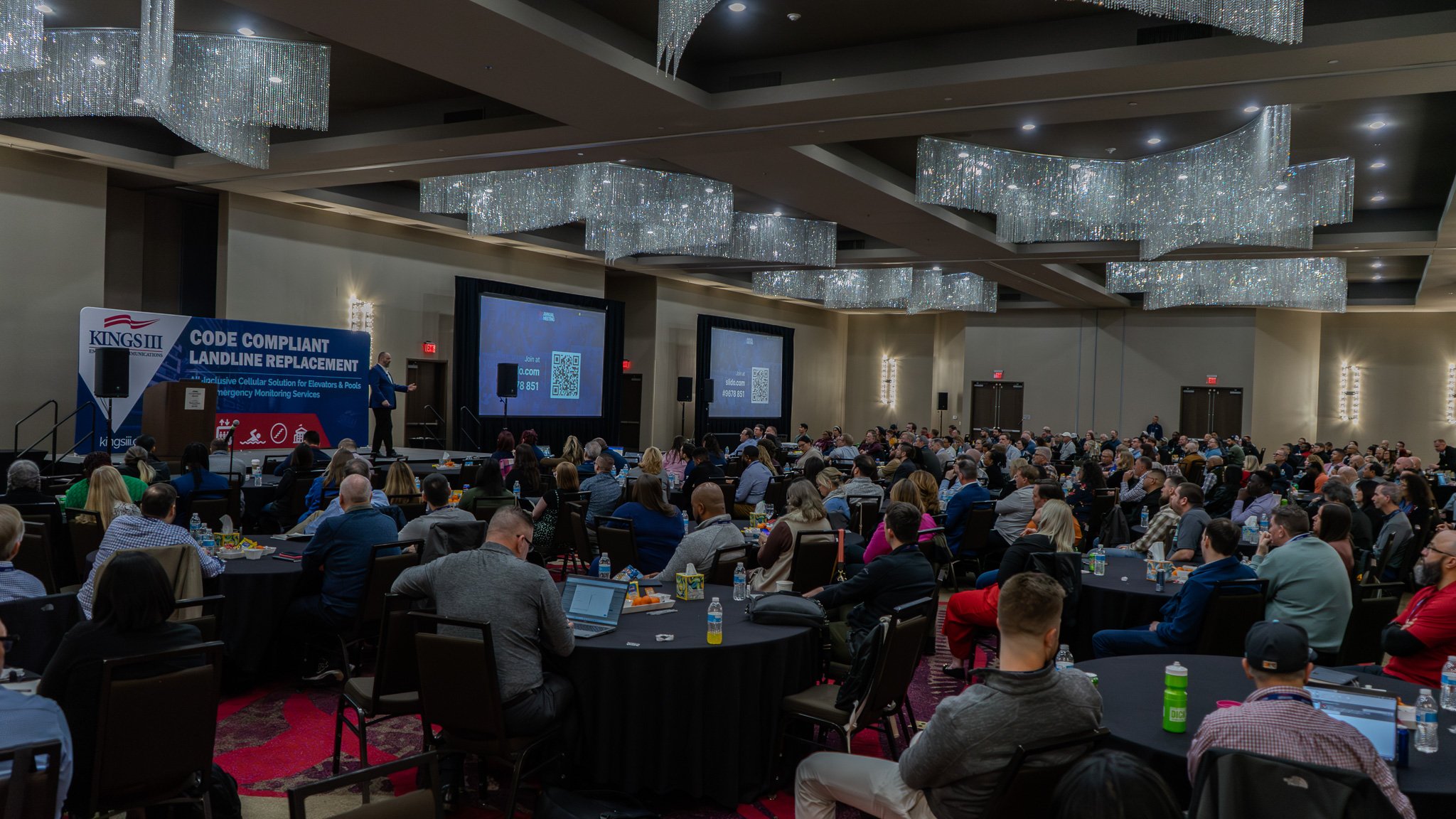
Kings III Makes Dallas Morning News’ ‘Top 100 Places to Work’ List, Marking 5th Consecutive Award
We're honored to be recognized by our employees and The Dallas Morning News by making the daily newspaper’s Top 100 Places to Work list for the 5th year in a row, falling in at 32nd in the midsize companies category.

Updated Elevator Code: Who are my Authorized Personnel?
Confused about who qualifies as "authorized personnel" under the new ASME 17.1 elevator code? Learn why the same authorized staff must monitor all emergency communications—audio, video, and messaging—and why split monitoring solutions won't meet compliance requirements for your building's safety system.
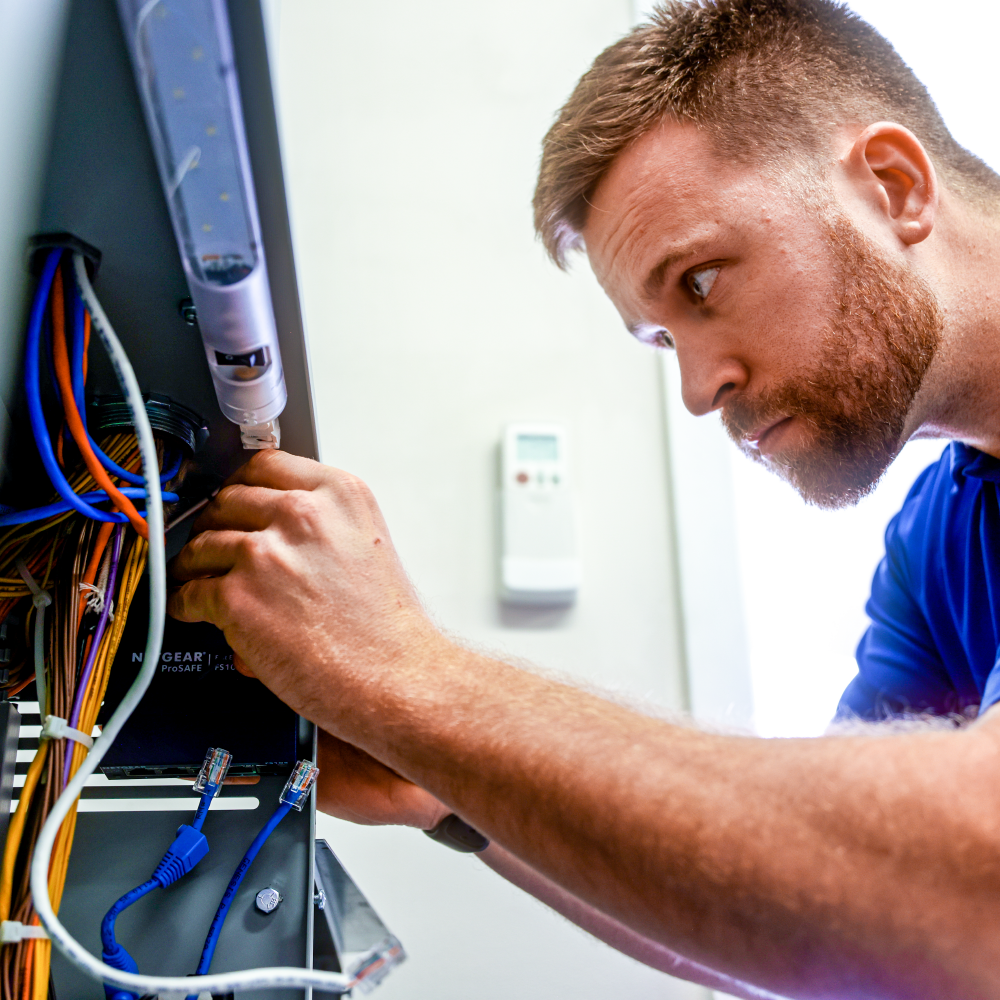
2024 Brings Increased Adoption of Codes Requiring Video and Two-Way Messaging for Elevator Communications
As 2024 progresses, the adoption of safety codes mandating video and two-way messaging capabilities for elevator communications is gaining momentum across the United States.
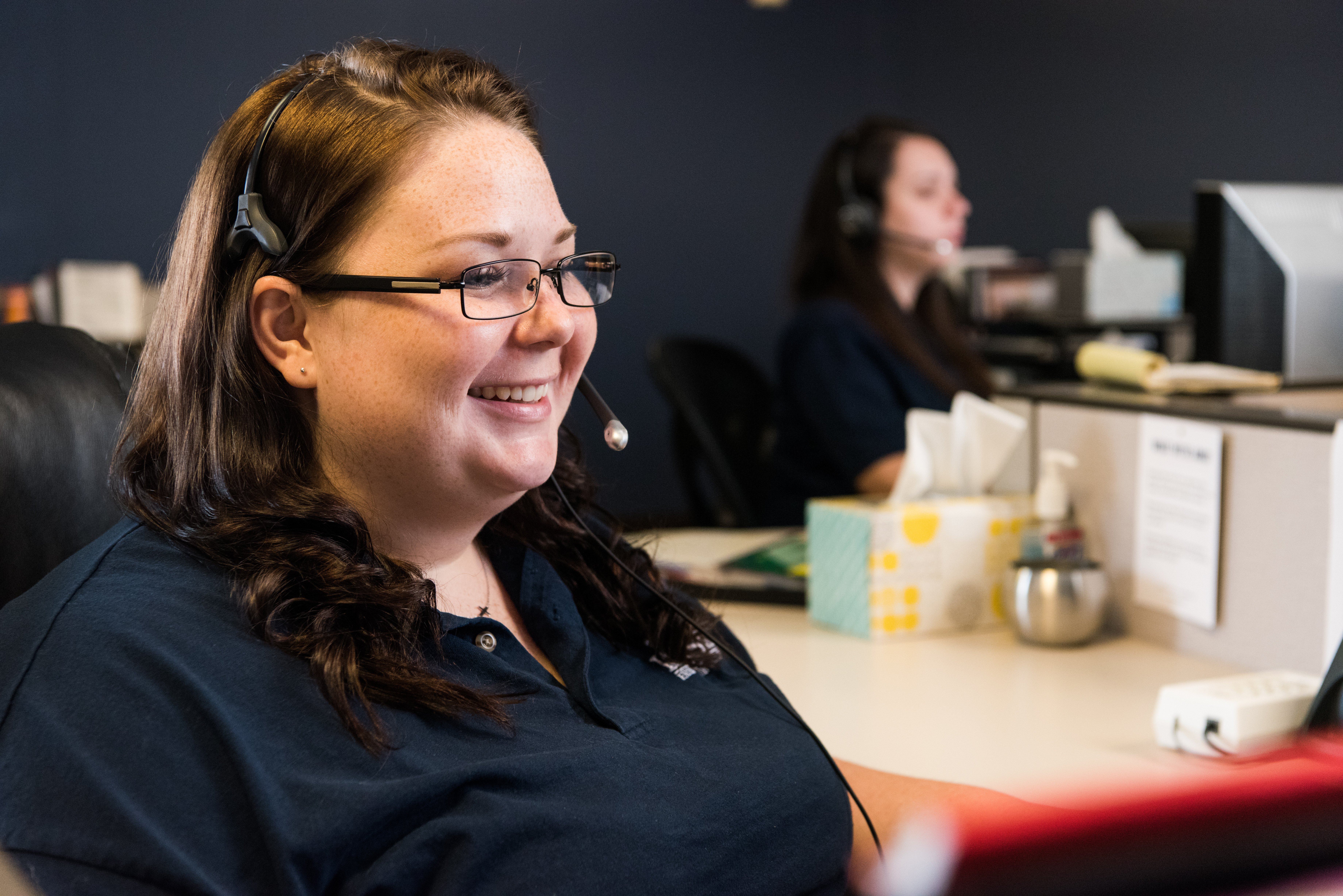
What an Emergency Dispatcher will Most Likely Ask You
When suddenly faced with an emergency, you may immediately feel frightened and helpless. An emergency communications system can help reduce or eliminate those reactions by providing immediate assistance. Here's what you can expect on the other side of a call you place from an emergency phone.
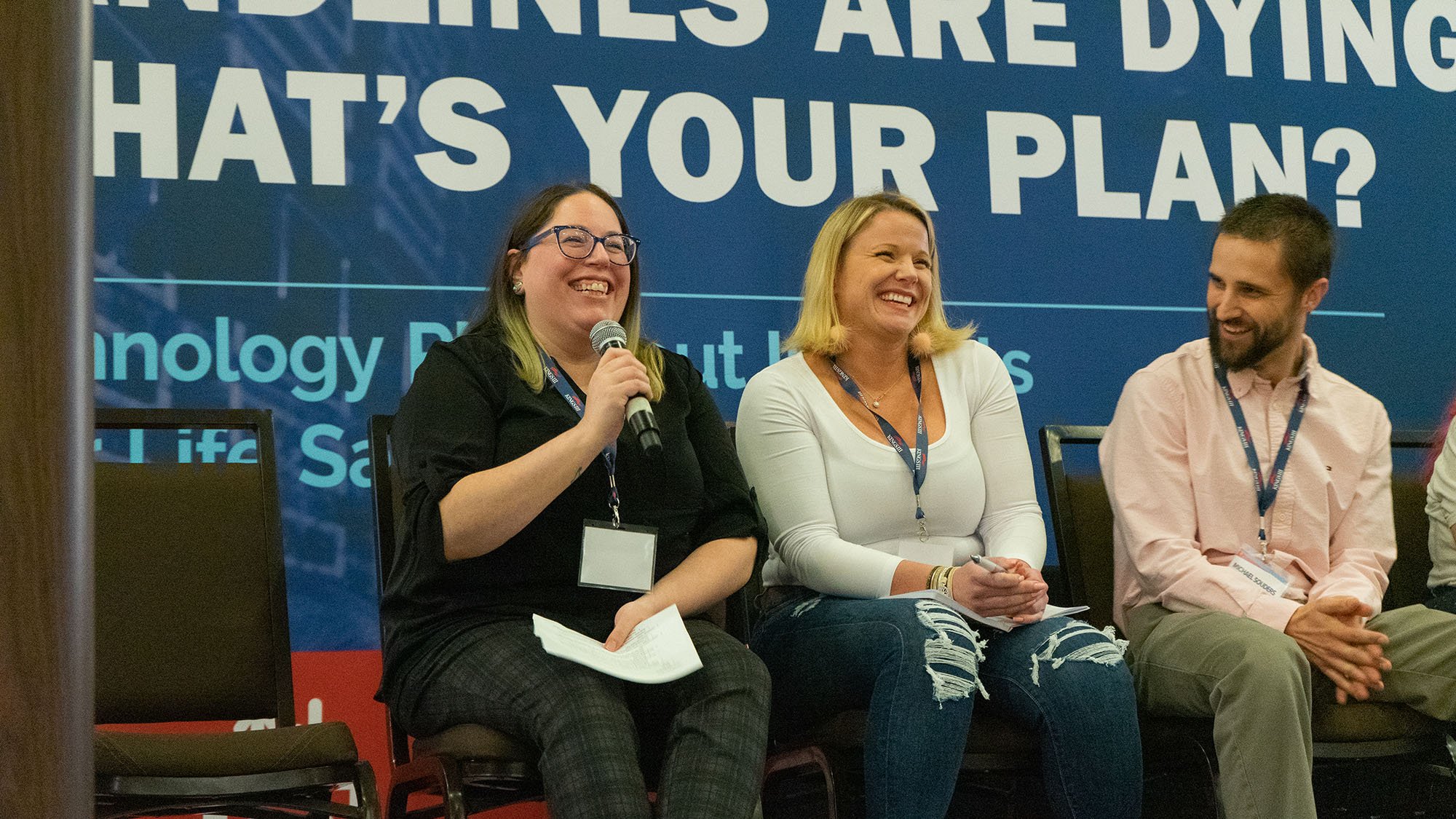
Kings III Makes The Dallas Morning News Top 100 Places to Work List Becoming a 4x Winner
We're honored to be recognized by our employees and The Dallas Morning News by making the daily newspaper’s Top 100 Places to Work list for the 4th year in a row, falling in at 26th in the midsize companies category.
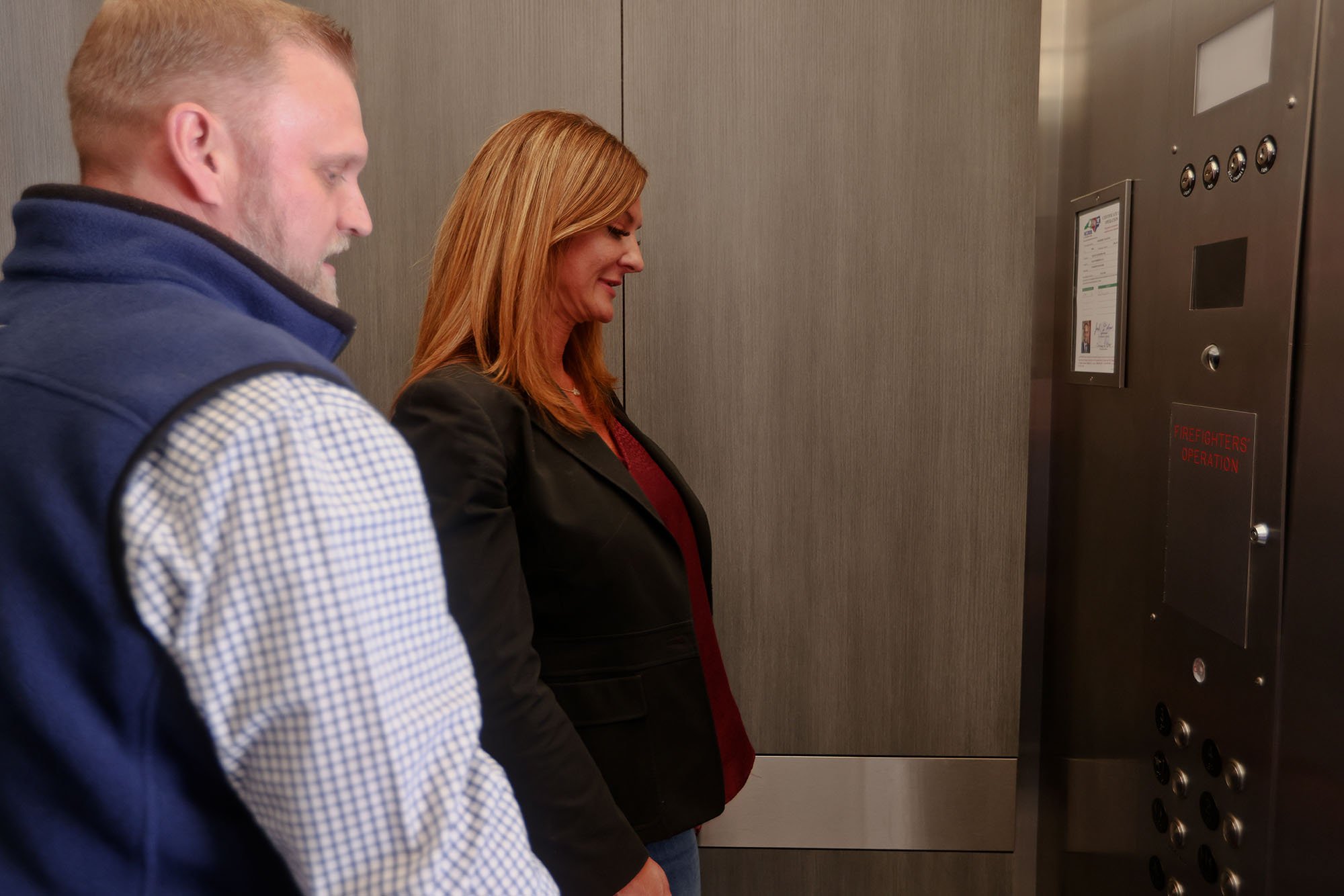
January 2024 Elevator Code Updates in Florida
Florida property managers have finally completed DLM requirements in their elevators (hopefully). But wait, there's more! Florida will adopt ASME 2019 starting January 1, 2024. Learn what this means, how you can comply, and get guidance from our code experts.
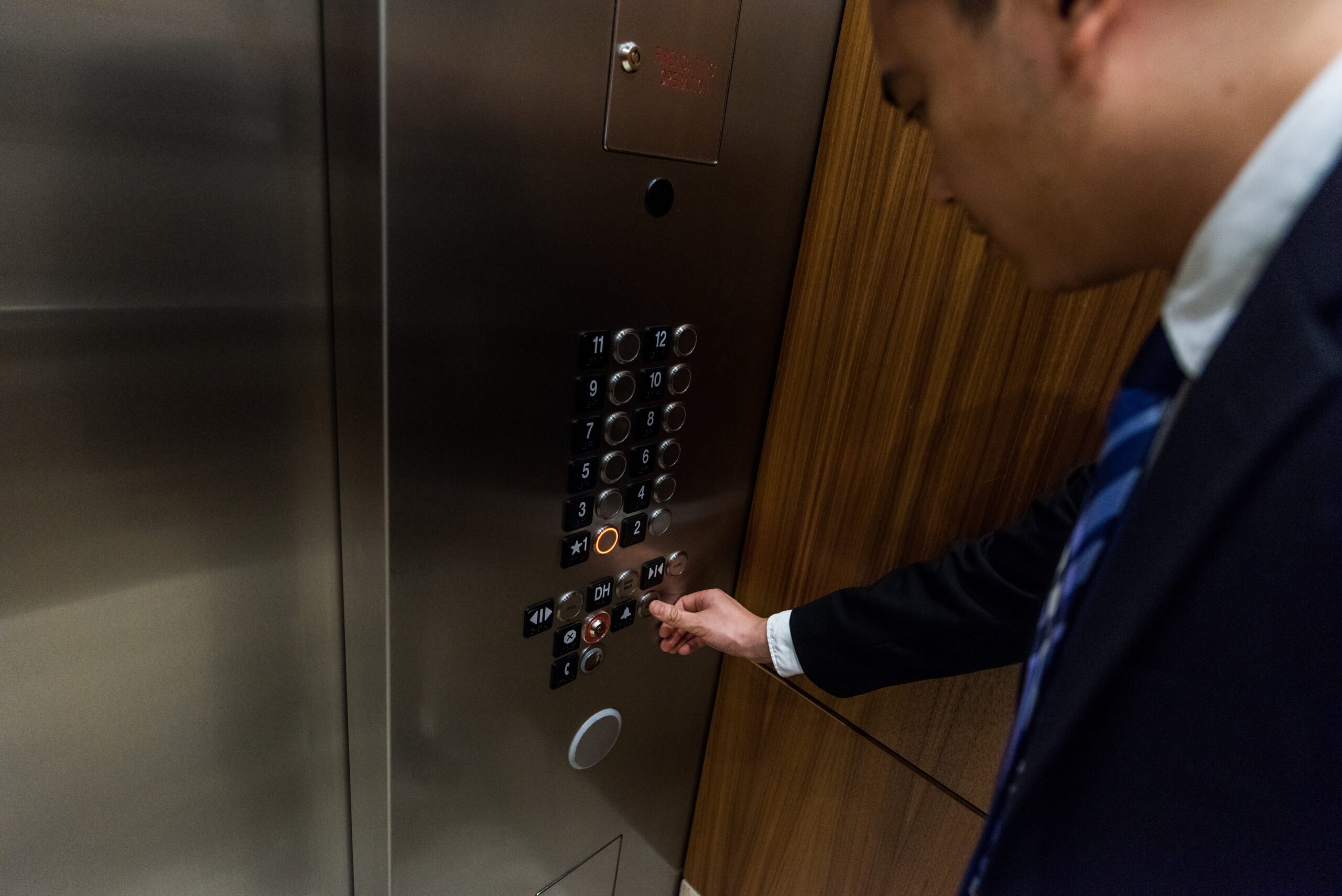
Survey Reveals Gaps in Building Emergency Communications Plans
A recent survey of property management professionals revealed that while more than 60 percent of respondents were aware that telecom companies are phasing out POTS (Plain Old Telephone Service, also known as analog copper land lines), nearly half reported their elevator emergency communication systems are still based on this endangered technology.

Successful Hotel CO Inspections
A CO is a vital requirement before opening your new-build/renovated hotel. One area we often see overlooked within the process is telecommunications. To help get you started, we’ve compiled a checklist of key telecom-specific items to consider that may be subject to inspection.
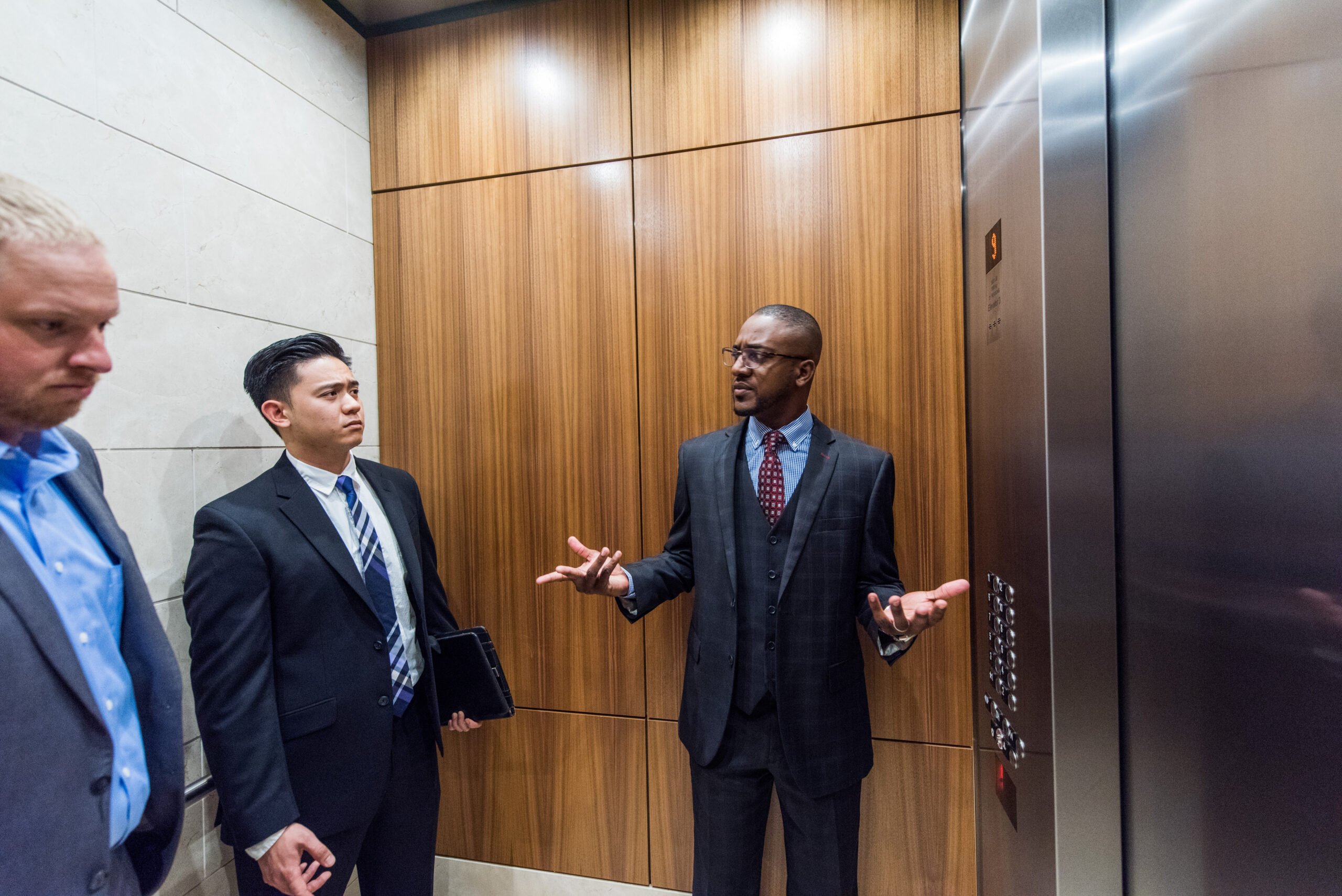
How is Elevator Liability Defined?
One of a building owner’s worst nightmares: a passenger gets into an elevator in perfect health but ends the ride with a serious physical or psychological injury. Thankfully, this is an extremely rare scenario, but all those involved in building management should know exactly how to define elevator liability and take action if an incident occurs.


